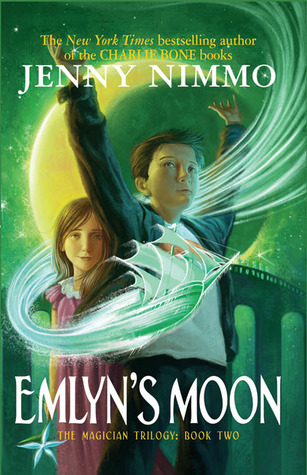[button color=”black” size=”big” link=”http://affiliates.abebooks.com/c/99844/77798/2029?u=http%3A%2F%2Fwww.abebooks.com%2Fservlet%2FSearchResults%3Fisbn%3D9780345533029″ target=”blank” ]Purchase here[/button]
In Book 3 of the Odd Thomas series, the young fry cook who sees dead people has retreated to a monastery in the mountains for a needed break from the stress of his quiet hometown. He only wants a little time to heal from two harrowing encounters with monsters in human form. But his respite is cut short by the appearance of bodachs at the abbey—or more precisely, in the school for mentally and physically disabled children run by nuns, next door to the monastery. These silent, shadowy creatures always seem drawn to places where there will soon be violence on a big scale. For reasons Odd cannot begin to guess, the gloating bodachs have started to crowd around these defenseless and unwanted children. He has only a day or two to figure out how to protect them, and from whom. Or what.
Within the hour of the first bodach sighting, one of the monks disappears. The local sheriff’s officers prove useless in searching for him, and Odd has been warned not to trust them anyway. As a winter storm sets in, the likes of which a young ghost-whisperer from the Mojave desert has never seen, and with another guest at the monastery who isn’t what he seems, it’s up to Odd to sniff out what’s happening. He is aided by the respect and trust the monks and nuns have for him, his warm relationship with a dog named Boo and a ghost named Elvis, and his talent for “psychic magnetism,” which basically means that somehow or other, he usually finds what he’s looking for.
Resourceful and good at thinking on his feet, nonetheless Odd is little prepared for the full bone-rattling horror of what is coming. A voice from beyond the grave points him in the right direction. He is also helped by the strange recollections of a retarded boy with a savant’s gift for art, and by the reluctant confidences of a glowering Russian with his own grim secrets. Finally, while a handful of monks fight to defend the children against a murderous assault by indescribable creatures of pure evil, it is up to Odd and an assassin’s son to stop the man who, perhaps without knowing it, has unleashed them on the world.
It is hard not to be charmed by Odd’s soft-spoken wit, serenity, and humble courage. I’m not saying you can’t dislike him if you put your mind to it. One reader, commenting on my review of Forever Odd, noted that as this series progresses, author Koontz increasingly airs what some regard as an obnoxious, right-wing agenda. On the other hand, as I read this book in tandem with Glen Duncan’s The Last Werewolf, what struck me about the comparison is how strongly Koontz honors faith, and specifically belief in a transcendent God and the consequent clear distinction between good and evil. He, or at least the narrating voice of his main character, is not shy about identifying as “good” some of the values that today’s society, by and large, has abandoned—nor does he hesitate to call evil “evil,” even when it is attractive, pragmatic, and popular.
Notably, in one monk’s backstory as a reformed gangster, he cites the wholesome influence of stories like Kate DiCamillo’s The Tale of Desperaux and The Miraculous Journey of Edward Tulane: stories of “thoughtful china rabbits and courageous big-eared mice,” for example, that may help readers find their way to “a life of goodness and hope.” It goes right to the question, What are stories for? Clearly, in a literary world that also has room for the “God is dead and there is no good and evil” nihilism of The Last Werewolf, Koontz’s answer isn’t the only view on offer. But it is the answer that I would give, and if I could win over a few readers to that view, I would not feel that my labors were wasted.
Whether or not Koontz’s tone becomes preachy later in this series, it hasn’t stopped the complaining reader from enjoying the books, even though she disagrees with his ideology and claims that she will not read anything else by him. I take that is a left-handed compliment to the quality of this series, an encouraging sign that it is worth reading all the way through. Taken together with the quiet heroism of its protagonist, and with the sense that both Odd and his creator value the things that truly matter, the sum of it all is that I want to continue reading this series. There are seven novels in it so far; coming up next is Odd Hours.
Buy the Book!
Dean Koontz’s Website
Recommended Ages: 14+



